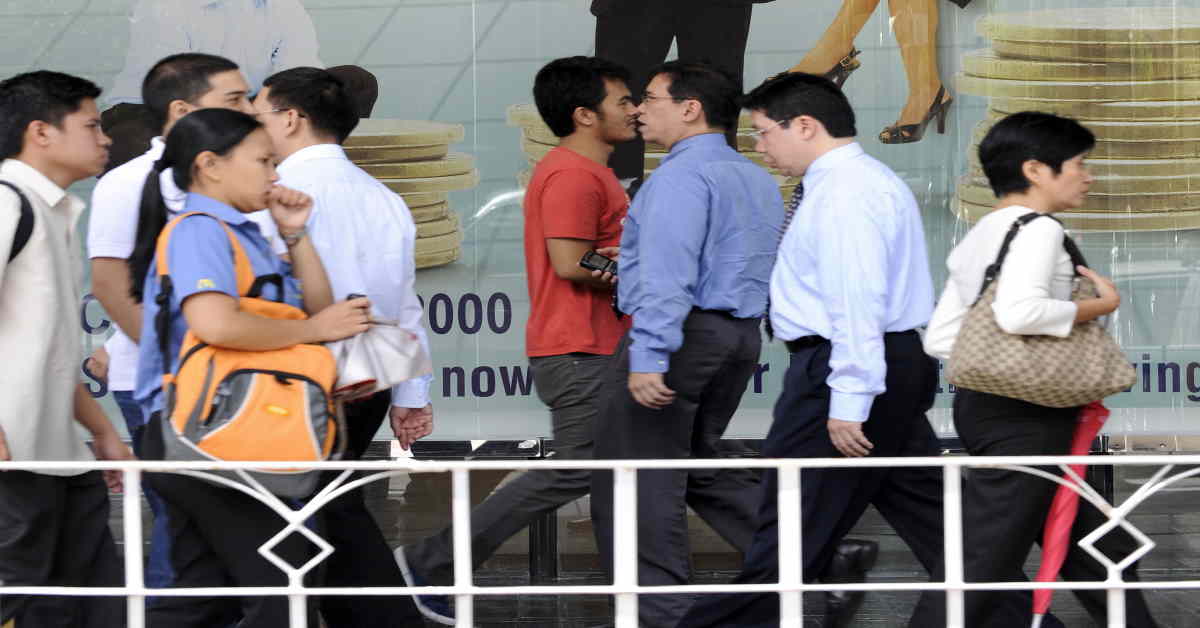The World Health Organisation (WHO) in 2019 recognised burnout as a diagnosable condition, which was entered into the international classification of diseases (IDC-11). Burnout is a result of work-related stress that has not been managed – where the individual experiences low energy and exhaustion; decreased motivation; and reduced performance and results at work.
A recent study by Savvy Sleeper on working culture in 69 cities from 53 countries ranked cities from highest to lowest levels of burnout. The research found that city workers in Asia and the United States (US) experience a high level of burnout while those in European cities experience a lower level of burnout – with the exception of London and Istanbul.
Asian cities dominate the top 10, with Tokyo taking top spot. It’s perhaps unsurprising given that overworking is so intense in Japan that employees consider 99 hours of overtime a month as an indicator of having a strong work-life balance.
Although city workers in Asia and the US experience high levels of burnout, the study found that companies in larger Asian cities as well as US cities are taking initiatives to address the causes of burnout. The study suggests that a large proportion of the effort must come from companies themselves.
There are significant costs associated with employee burnout. For instance, in the US, burnout is estimated to cost between US$125 billion and US$190 billion every year in healthcare costs according to data from the latest Harvard Business School study. It is also estimated that stress accounts for eight percent of national spending on healthcare.
In addition, the resulting disengagement experienced by employees can cost companies up to 34 percent of their annual salaries. Subsequently, burnout has contributed to a significant amount of employee turnover, ranging from 20 to 50 percent in an organisation.
While there is no universal strategy to deal with employee burnout – with organisations having different challenges – there is a competitive advantage for companies that are able to improve work culture and subsequently improve the work-family relationships of the employees.
Office burnout
Among the five ASEAN cities that were assessed, Manila ranked highest for level of burnout and fifth overall, having low levels of "Employee Presenteeism,” which refers to employees working while sick that can cause productivity loss, poor health, exhaustion and workplace epidemics. While the contrasting subject of absenteeism has historically received extensive attention in the management sciences, presenteeism has only recently been studied.
Jakarta ranked sixth overall, which is mostly due to its high number of employees that work more than 48 hour a week, get very little vacation time – 14 days and below, and have to endure long hours of being stuck in traffic jams when commuting to and from work.
Hanoi ranked seventh overall with high levels of stress and employee presenteeism. Malaysia on the other hand, ranked 13th overall with a large population of workers that get less than the recommended seven hours of sleep a day.
Bangkok is by far one of the better performers among ASEAN cities in the study. Ranking 24th overall, the city still scored badly for vacation time, time endured in traffic and duration of sleep. Bangkok however scored better than average for other employee burnout indicators which include stress levels, lack of motivation, annual work hours, and mental health.
Although there are not many studies done in Southeast Asia for the cost of employee burnout, data collected in Singapore, US and Japan could illustrate the degree of losses that other ASEAN cities are experiencing from employee burnout.
With three ASEAN cities ranking in the top 10, it is a clear call for employers to re-evaluate their work environments and employee satisfaction. It is critical that in order to maintain a competitive advantage, companies should implement measures to address high levels of stress and avoid high employee turnover and low productivity.
Perhaps employers in ASEAN cities should look to France for inspiration. The European country introduced a nationwide law in 2017 that allows employees to disconnect from work during weekends, time off, and after work hours. What this means is basically that employers are not allowed to demand responses to emails or interact with employees during their free time.
ASEAN may be a long way from having a policy in place to address burnout. However, most companies already have the necessary resources to improve productivity and retain talented employees by providing them with adequate support to better manage work-related stress.
Related articles:
